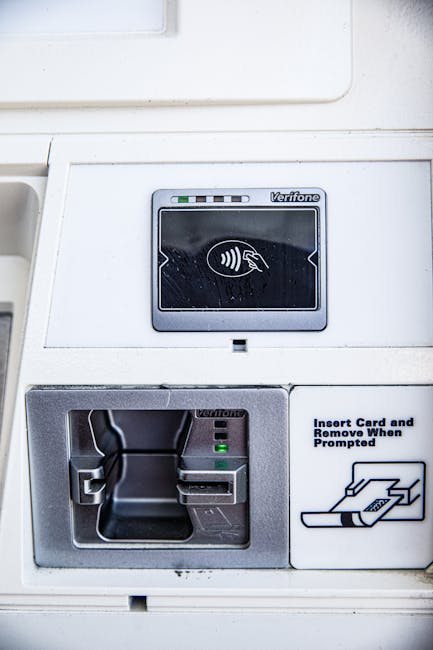 Choosing the Right Heavy Equipment Rental for Your Construction Needs
Choosing the Right Heavy Equipment Rental for Your Construction Needs
For contractors and businesses without the financial capacity to purchase heavy machinery, heavy equipment rental services present a cost-effective solution. This flexibility allows you to access a wide range of machinery without the long-term commitment of ownership. A significant advantage of heavy equipment rental is the capacity to align the equipment accurately with your project’s unique demands. This guarantees that you won’t be encumbered with equipment that is either too small or too large for the job, ensuring the utmost efficiency and cost-effectiveness.
In the realm of heavy equipment rentals, two versatile machines that frequently take center stage are mini excavators and skid steers. These compact powerhouses can prove invaluable for various projects, but comprehending their variances and usages is pivotal in your decision-making process. Mini excavators, also known as compact excavators, are highly versatile machines designed for digging, trenching, and excavating in tight spaces. Their small footprint and exceptional maneuverability render them ideal for jobs like foundation digging, landscaping, and operations in urban construction environments.
Conversely, skid steers are renowned for their agility and capability to handle a broad spectrum of assignments. Their distinctive steering mechanism enables them to pivot on the spot, rendering them superb for confined areas and intricate missions such as grading, landscaping, and snow clearance. To select the right heavy equipment rental for your project, you must first assess your specific needs and the nature of the task at hand. Consider the size of the project, the available space, and the type of work you’ll be doing.
If your project revolves around extensive excavation and digging, a mini excavator is a fantastic pick. Its precision and digging prowess make it well-suited for tasks such as foundation construction, utility trenching, and landscaping. However, if you need a machine that can manage a diverse set of activities, including grading, debris elimination, and snow clearance, a skid steer is the optimal choice. Its pivot-on-the-spot ability and wide selection of attachments make it a versatile workhorse capable of easily adapting to a range of project needs.
On the contrary, if your project encompasses a more open and spacious terrain, the skid steer’s agility and adaptability may be a better match for the task at hand. Furthermore, consider the weather conditions and any possible obstacles at the location, including rocks, debris, or uneven ground. To ensure the heavy equipment rental you choose meets your project’s demands, it’s crucial to communicate effectively with the rental service. Furnish them with comprehensive project details, encompassing its scope, duration, and any particular obstacles you foresee. This will give the rental service the ability to suggest the most fitting heavy equipment and accessories for your project.
While selecting the right heavy equipment rental is essential, maintaining and operating the equipment correctly is equally crucial. Adequate maintenance guarantees the machinery’s durability and reduces the likelihood of malfunctions during your project. This involves regular inspections, servicing, and adhering to the manufacturer’s guidelines for usage and safety. Equally important is training your team on the safe and efficient operation of the heavy equipment. Confirm that your operators are knowledgeable about the equipment’s controls, safety protocols, and best practices. This not only prevents accidents but also maximizes productivity and minimizes wear and tear on the machinery.
Once you’ve made the appropriate heavy equipment rental selection and ensured accurate maintenance and training, you’re on the path to a prosperous project. Yet, there’s one more aspect to contemplate – cost-effectiveness. While renting heavy equipment can be more budget-friendly than purchasing, it’s essential to keep an eye on your rental costs and stay within your budget. To guarantee that you stay within your budget, engage in discussions about rental rates and conditions with the equipment provider prior to finalizing the contract. Inquire about any additional fees, such as transportation, fuel, and insurance, which may impact the overall cost. Negotiate a rental duration that corresponds to your project’s schedule, preventing unwarranted extensions.